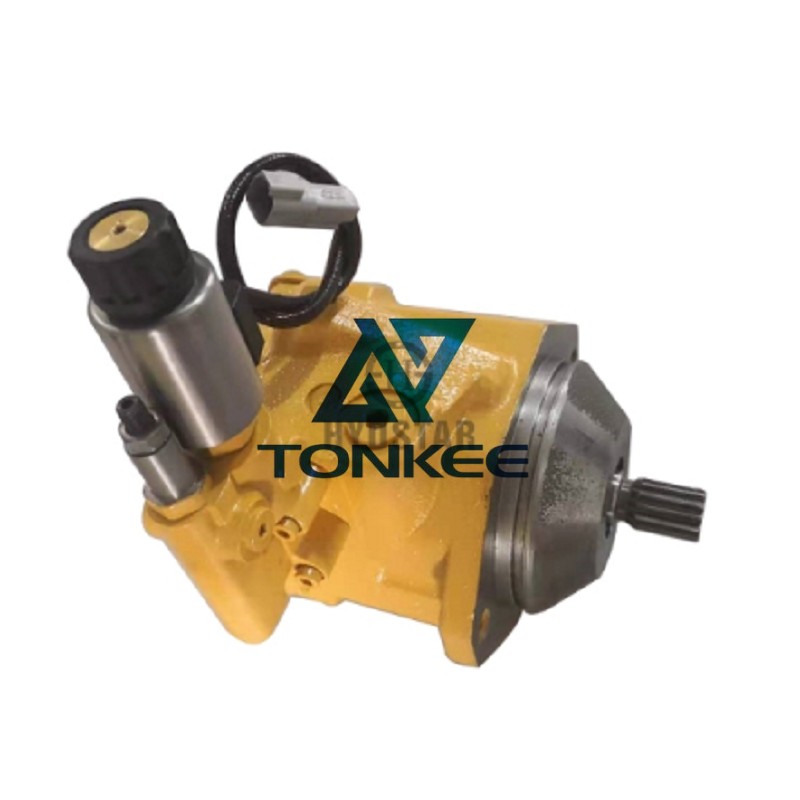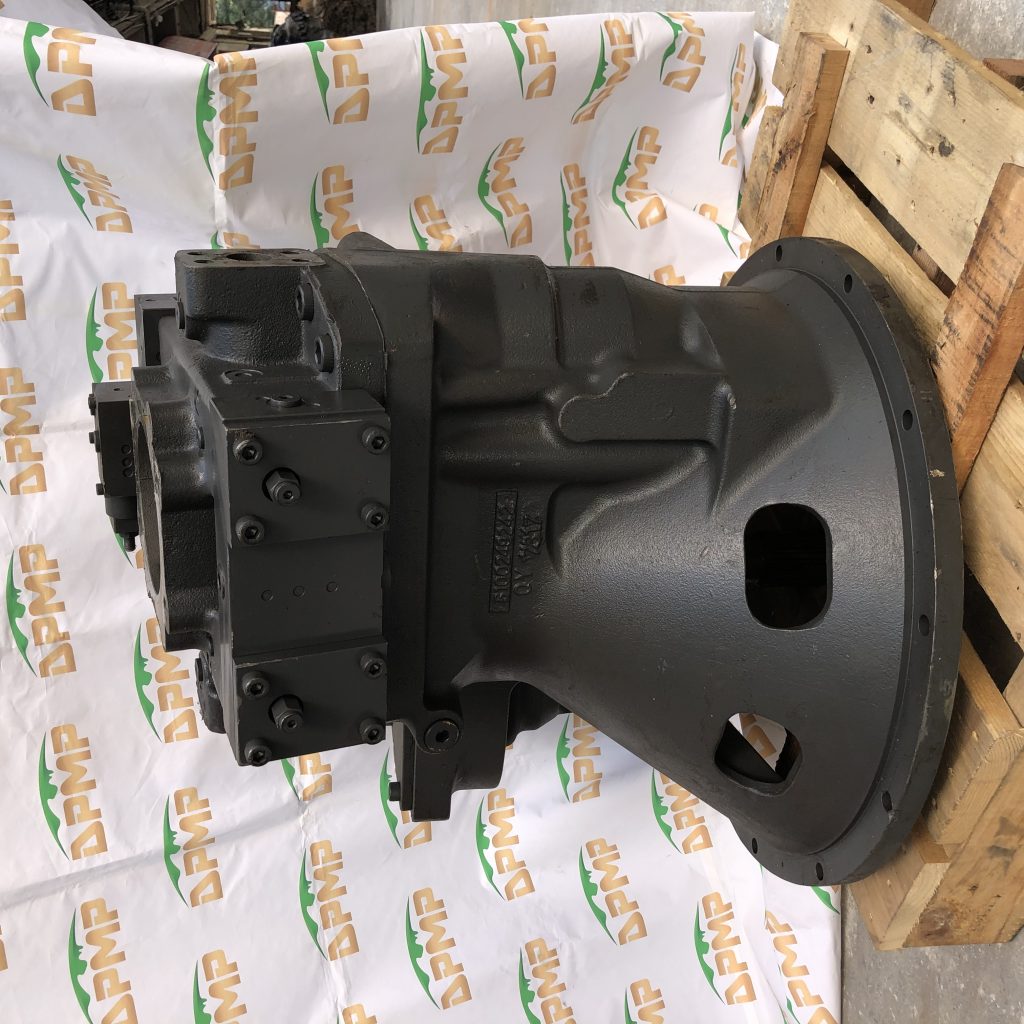
Piston: The piston is a cylindrical rod that moves inside a cylinder.
It is typically sealed with a piston ring to prevent fluid leakage.
Cylinder: The cylinder houses the piston and creates a sealed chamber for the fluid.
Inlet and Outlet Valves: Piston pumps have one-way inlet and outlet valves to control the flow of fluid. These valves ensure that the fluid moves in one direction, from the inlet to the outlet.
The working principle of a piston pump is relatively simple. As the piston moves back and forth within the cylinder, it creates changes in pressure. During the forward stroke, the inlet valve opens, allowing fluid to enter the cylinder. When the piston reverses direction, the inlet valve closes, and the outlet valve opens, forcing the fluid out of the cylinder. This reciprocating motion generates a continuous flow of fluid.
Hydraulic Systems: Piston pumps are crucial components in hydraulic systems, where they provide the high-pressure fluid required to power various machinery and equipment.
Oil and Gas Industry: These pumps are used for well drilling, crude oil extraction, and gas compression, as they can handle the high pressures and abrasive fluids encountered in these processes.
Agriculture: Piston pumps are used in agricultural equipment, such as sprayers and irrigation systems, to deliver water and fertilizers with precision.
Manufacturing: In manufacturing processes, they are used to control and supply fluid for various operations, such as die casting and metal forming.
Water Treatment: Piston pumps are utilized in water treatment plants to move and pressurize water for filtration and distribution.
Chemical Processing: They can handle a wide range of chemicals and are employed in chemical manufacturing processes.
High Pressure: Piston pumps can generate high pressure, making them suitable for applications that require significant force or head pressure.
Precise Flow Control: Their ability to provide precise control over flow rates and pressures is essential in many applications.
Durability: These pumps are known for their robust construction, which allows them to handle abrasive and corrosive fluids.
Efficiency: They are energy-efficient and have a longer operational lifespan compared to some other types of pumps.
Low Pulsation: The reciprocating motion of the piston results in relatively low pulsation, making them suitable for applications requiring steady flow.
Maintenance: Regular maintenance is essential to ensure the longevity of piston pumps, as wear and tear can affect performance.
Noise and Vibration: The reciprocating motion can lead to noise and vibration, which may require mitigation measures.
Fluid Compatibility: Ensure that the pump is compatible with the fluid being pumped, as some aggressive chemicals can degrade pump components.



 English
English Русский язык
Русский язык




